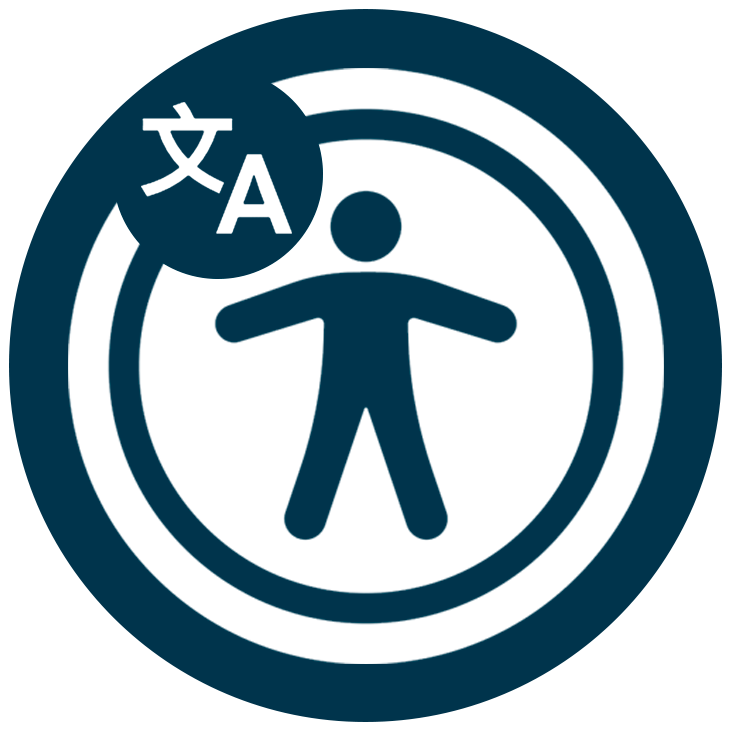Liver Cancer Awareness Month, observed throughout October, provides a crucial opportunity to raise awareness about liver cancer, encourage early detection, and show support for those affected by the disease. Organised by the British Liver Trust, this campaign also serves to honour the memory of loved ones who have been lost to liver cancer and to raise vital funds for research and patient support.
The Rising Incidence of Liver Cancer in the UK
Liver cancer is one of the fastest-growing cancer types in the UK. In the past two decades, the number of cases has surged dramatically, with over 6,000 new diagnoses each year—equating to 17 new cases every day. This significant rise highlights the urgent need for greater awareness of the disease, its risk factors, and the importance of early diagnosis.
Despite advancements in medical care, liver cancer remains challenging to treat, particularly when diagnosed at later stages. However, with increased awareness, education, and research, the chances of early detection and successful treatment improve. That’s why Liver Cancer Awareness Month plays such a vital role in saving lives.
Risk Factors and Symptoms of Liver Cancer
Liver cancer is most commonly associated with underlying liver conditions such as cirrhosis, hepatitis B and C infections, and fatty liver disease. Other risk factors include:
- Alcohol abuse: Long-term excessive alcohol consumption can lead to cirrhosis, increasing the risk of liver cancer.
- Obesity and diabetes: Non-alcoholic fatty liver disease, often linked to obesity, can develop into liver cancer.
- Hepatitis infections: Chronic hepatitis B and C infections are leading causes of liver cancer worldwide.
- Smoking: Smoking increases the risk of several cancers, including liver cancer.
Recognising the symptoms of liver cancer early is crucial for timely diagnosis and treatment. Common symptoms include:
- Unexplained weight loss
- Loss of appetite
- Persistent abdominal pain, particularly on the right side
- Jaundice (yellowing of the skin and eyes)
- Swelling in the abdomen
- Fatigue
If you or someone you know experiences any of these symptoms, it’s important to seek medical advice as soon as possible.
Supporting Early Detection
Early detection is key to improving survival rates for liver cancer. However, liver cancer is often diagnosed late because symptoms can be vague and may not appear until the disease has advanced. Regular screening for those at high risk—such as individuals with cirrhosis, hepatitis, or a family history of liver cancer—can help catch the disease in its early stages when treatment is most effective.
Raising awareness about the importance of regular check-ups and being mindful of symptoms is a major focus of Liver Cancer Awareness Month. During October, organisations like the British Liver Trust provide educational resources, guidance on reducing risk, and information on screening options to help improve early detection rates.
How You Can Get Involved
There are many ways you can participate in Liver Cancer Awareness Month and make a difference for those affected by liver cancer:
- Raise Awareness
Share information about liver cancer on social media, in your community, or at work. Help spread awareness about the importance of early detection and liver health, using the campaign hashtag #LiverCancerAwarenessMonth. - Donate or Fundraise
Fundraising is an essential part of the month’s activities. Consider organising or participating in a fundraising event to support the British Liver Trust, which provides critical services for patients and their families and funds research into better treatments and cures. - Attend Events
Many organisations host educational and awareness events throughout the month. Attend webinars, workshops, or community events to learn more about liver cancer and hear from healthcare professionals and those affected by the disease. - Support Those Affected
If you know someone who has been diagnosed with liver cancer or has a loved one affected by the disease, offer your support. A kind word, a listening ear, or practical help can make a big difference to someone facing a difficult time. - Take Care of Your Liver Health
Prevention is always better than cure. Taking steps to reduce your own risk of liver disease and cancer—by maintaining a healthy weight, avoiding excessive alcohol, quitting smoking, and getting vaccinated against hepatitis B—can help protect your liver and reduce the likelihood of developing liver cancer.
Supporting Patients and Families
Living with liver cancer can be overwhelming, but the British Liver Trust offers a range of support services for patients, their families, and caregivers. These include:
- Helpline and Support Groups: A confidential helpline provides advice and emotional support, while local support groups offer a community of people facing similar challenges.
- Patient Information: The charity offers a wealth of resources, including fact sheets, guides, and online tools to help patients and families navigate the disease.
- Advocacy and Campaigning: The British Liver Trust advocates for better liver care and raises awareness of liver cancer among policymakers, healthcare providers, and the general public.
Together, We Can Make a Difference
Liver Cancer Awareness Month is an important opportunity to come together as a community to raise awareness of this growing health issue. Through education, early detection, and support, we can improve outcomes for those affected by liver cancer and reduce the number of lives lost to the disease each year.











